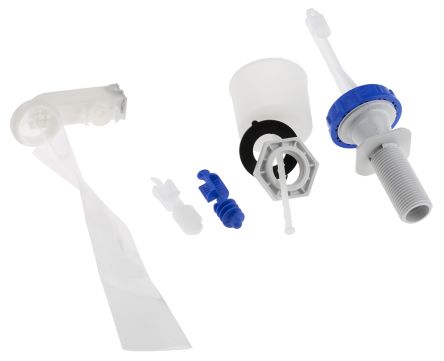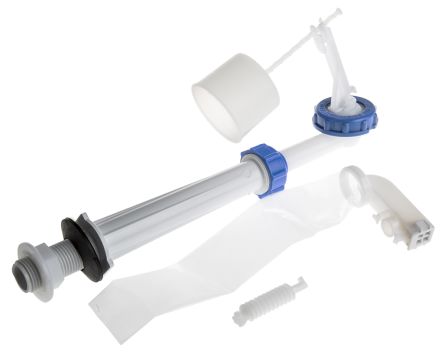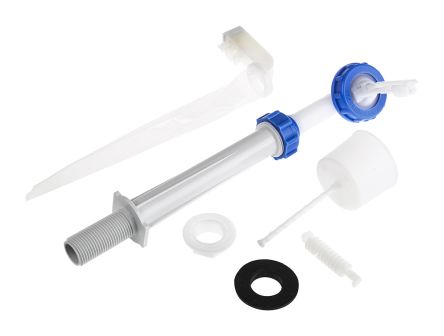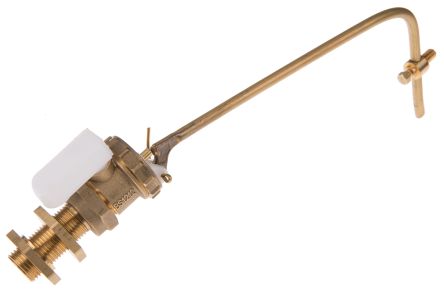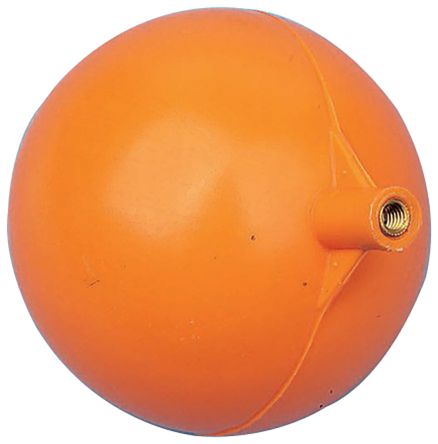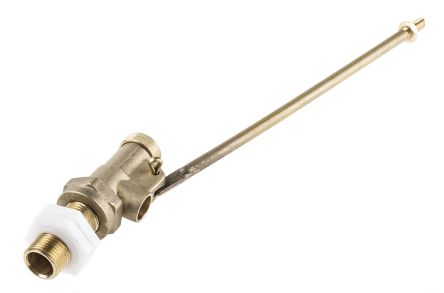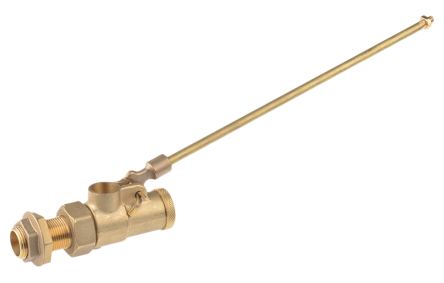- Automation & Control Gear
- Cables & Wires
- Enclosures & Server Racks
- Fuses & Circuit Breakers
- HVAC, Fans & Thermal Management
- Lighting
- Relays & Signal Conditioning
- Switches
- Batteries & Chargers
- Connectors
- Displays & Optoelectronics
- ESD Control, Cleanroom & PCB Prototyping
- Passive Components
- Power Supplies & Transformers
- Raspberry Pi, Arduino, ROCK, STEM Education & Development Tools
- Semiconductors
Float Valves
Float valves are an integral part of a cistern or tank. Their sole purpose is to shut off the flow of water at a predetermined level. The most common valves in bathroom toilets are called Torbeck float valves and ball-cock float valves are found in water tanks usually located in a loft.
How do they work?
When a toilet is flushed or a water tank is emptied a lever float arm rises as water enters. This lever action shuts of the water feed at a predetermined level.
How do you adjust float valves?
These valves can be adjusted to get the perfect setting, in the case of a Torbeck all you need to do is turn the float mechanism up or down. Brass float valves don't have an adjustable feature however during installation if the water levels are too high bending the arm downwards can help regulate the water flow.
How much would it cost to change a float valve?
These valves are relatively inexpensive parts and are an ideal candidate for DIY installation. They are easy to replace and we offer a range of float valves to meet your needs and applications. Installation costs incur when a professional plumber is employed.
What are they made from?
Torbeck float valves in cistern or toilets are typically made from plastic and are available in a side entry or bottom entry design. Ballcock float valves in water tanks are usually made from copper or brass, suitable for high-pressure water.
Types of Float valves
• Torbeck float valve
• Ball float valves
• Ball-cock float valve
Applications Information
Float valves are used by plumbers, maintenance operatives and DIY enthusiasts in the home or in industrial applications.
